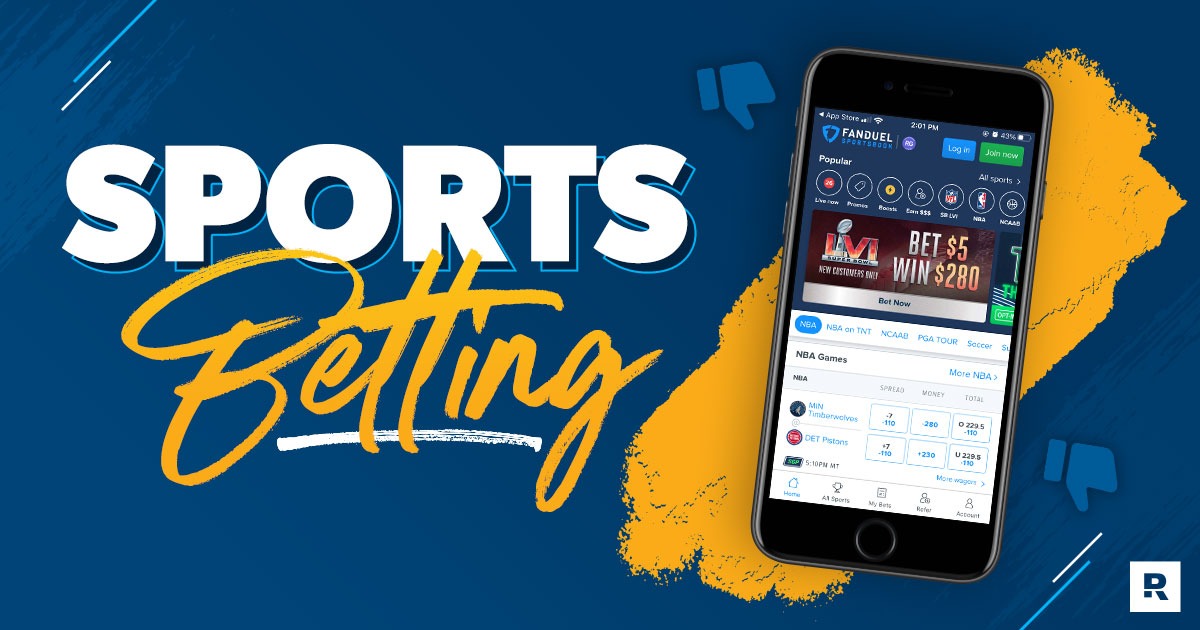
Responsible Gambling Tools
As the world of gambling evolves, the importance of responsible gambling practices becomes increasingly evident. Online gambling has gained popularity due to its convenience and variety, but it has also led to a unique set of challenges. Responsible gambling tools play a crucial role in helping players maintain control over their betting activities and ensure a positive gaming experience. For comprehensive insights into these tools, visit Responsible Gambling Tools vivibet-india.com/pl.
The Importance of Responsible Gambling
The term “responsible gambling” refers to practices that promote safer betting environments, minimize gambling-related harm, and encourage players to keep their gambling activities in check. It is essential for both players and operators to understand the significance of responsible gambling tools. By implementing these tools, operators can create an environment that prioritizes user safety and wellbeing, while players can enjoy their gaming experience without crossing the line into problem gambling.
Understanding Responsible Gambling Tools
Responsible gambling tools encompass a variety of resources and mechanisms that players can use to govern their gambling behavior. These tools are designed to cater to individual needs, helping players set limits and recognize signs of problematic gaming. Here are some of the primary responsible gambling tools available:
1. Deposit Limits
Deposit limits are one of the most effective tools for controlling gambling expenditures. Players can set a maximum amount of money that they are willing to deposit into their gambling accounts over specified time periods, such as daily, weekly, or monthly limits. By restricting the amount of money they can deposit, players can better manage their budget and prevent excessive gambling.
2. Loss Limits
Loss limits allow players to establish a maximum amount they are willing to lose during a gambling session. This tool helps players remain aware of their losses and can serve as a wake-up call to stop gambling if they reach their predetermined limit. Implementing a loss limit can prevent chasing losses, a common behavior that often leads to more significant financial issues.
3. Time Limits
Time limits allow players to set a maximum duration for their gambling sessions. By establishing a time limit, players can prevent excessive play and maintain a healthy balance between their gambling habits and other aspects of their lives. It’s crucial for players to take breaks and self-reflect during their gambling activities to avoid falling into a pattern of continuous play.
4. Reality Checks
Reality checks are reminders that operators can send to players at predetermined intervals during their sessions. These reminders can include information about the time spent gambling and the amount of money wagered. Reality checks can serve as a helpful nudge for players, encouraging them to step back and assess their gambling behavior.
5. Self-Exclusion

Self-exclusion is a powerful tool that allows players to voluntarily restrict their access to gambling platforms for a specific period. When a player chooses to self-exclude, they are typically blocked from logging into their account and making deposits. This tool is essential for individuals who recognize that they need a break from gambling and want to prevent themselves from accessing their accounts during times of vulnerability.
6. Support Resources
Many gambling operators provide links to support resources and helplines for players who may be struggling with gambling addiction or seeking help. These resources often include contact information for local support groups, counseling services, and online communities that promote responsible gambling practices. Access to educational materials can also empower players to make informed decisions about their gambling habits.
How Operators Can Promote Responsible Gambling
While players have a responsibility to utilize responsible gambling tools, operators also play a vital role in promoting a safer gambling environment. Here are a few ways operators can encourage responsible gambling:
1. Education and Awareness
Operators can create educational resources that inform players about responsible gambling practices and the available tools. This can include informative articles, instructional videos, webinars, and FAQ sections addressing common gambling-related concerns.
2. User-Friendly Access to Tools
Operators should ensure that responsible gambling tools are easily accessible and user-friendly. Players should be able to navigate the website or app with ease and quickly find options to set limits, access resources, and self-exclude if needed.
3. Responsible Marketing
Operators should avoid aggressive marketing strategies that may encourage excessive gambling. Responsible marketing practices include promoting responsible gaming messages, offering bonuses that do not tempt players to gamble beyond their means, and highlighting the importance of understanding one’s limits.
4. Collaboration with Experts
Operators can work in collaboration with mental health professionals, gambling addiction specialists, and organizations dedicated to promoting responsible gambling. This cooperation can help create a stronger support system for players and ensure that the strategies employed are effective and evidence-based.
Closing Thoughts
Responsible gambling is not solely the responsibility of the players; it is a shared duty between operators and players alike. By utilizing responsible gambling tools, players can maintain control over their gambling activities, while operators must continue to foster a safe and supportive gambling environment. As the gambling industry evolves, a commitment to responsible gaming will ensure that players can enjoy their experience without the repercussions of problem gambling.
In conclusion, responsible gambling tools are essential for creating a balance between enjoyment and safety in the world of gambling. Both players and operators must actively engage with these resources, promoting not only a positive gaming experience but also a culture of responsibility and awareness in the gambling community.
